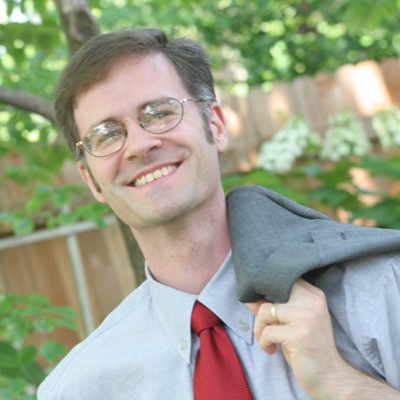Brian VickProfessor
Brian Vick, Professor (Ph.D., Yale University, 1997; A.B., Stanford University, 1992). Modern Germany and Central Europe in the long nineteenth century; modern political, international, and intellectual-cultural history. I have taught at Bard College, Yale, Stanford, the University of Sheffield in England, and the University of Colorado at Boulder. My first research project focused on questions of nationalism, liberalism, historicism, and ideas of race, resulting in several articles and in my first book, Defining Germany: The 1848 Frankfurt Parliamentarians and National Identity (Harvard University Press, 2002). I remain interested in these areas of inquiry.
My second major research project explored questions of European culture and political culture at the Congress of Vienna, including the political engagement of women, the development of liberal and conservative politics, and the role of religious revival. This work also probes the cultural and political meanings of the celebratory spectacle and display surrounding Napoleon's defeat and the return of peace at the close of the wars against Napoleon, and it engages such less-studied but important aspects of Congress diplomacy as the struggles over Jewish rights in Germany, abolition of the African slave trade, and the problem of the Barbary corsairs.
The project resulted in the book The Congress of Vienna: Power and Politics after Napoleon (Harvard University Press, 2014), winner of the 2015 Hans Rosenberg Book Prize of the Central European History Society of the American Historical Association. Together with several articles and essays, this work reassesses the nature and trajectory of European culture and political culture in their period of transition between the revolutionary era and the nineteenth century. Most recently I co-edited, with Beatrice de Graaf and Ido de Haan, the related volume Securing Europe after Napoleon: 1815 and the New European Security Culture (Cambridge University Press, 2019).
One new research direction examines the networks and experiences of German-speakers in Rome during the nineteenth century, in order to shed light on changing Central European attitudes towards modernity, nationhood, politics, religion, and gender and sexuality over this transformative period, with women actors again featuring in the trans-European networks of cultural exchange central to this process. Tracing how travelers and expats encountered the layers of Rome's pasts and of its present in an era of modernization and parallel national unifications provides a particularly revealing window on all these questions. In addition I investigate the internationalization of political and scholarly networks during the nineteenth century, as elements of civil society reached across national boundaries to pursue professional and political goals by forming organizations and shaping public opinion in ways that could and did promote real change. International peace, penal reform, abolition of slavery, and the promotion of liberalism and of ties within and across national identities are but some of the more important goals pursued by these activists, experts, and politically engaged scholars.
Education
- AB, Stanford University, 1992.
- PhD, Yale University, 1997.
